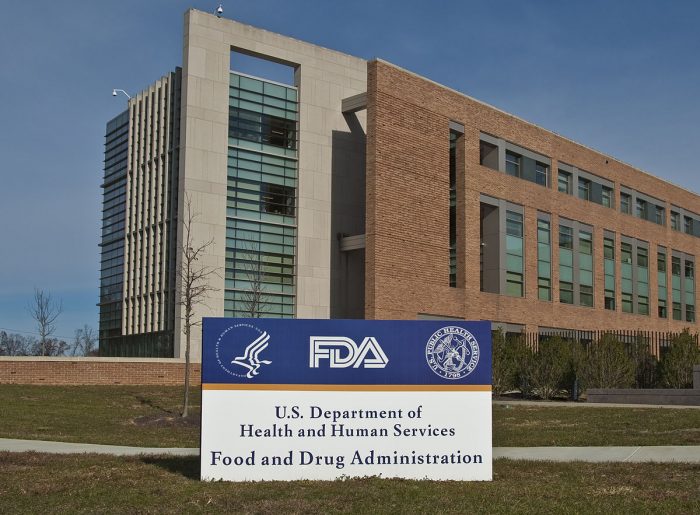

The FDA has cleared the way for booster shots of the Pfizer and BioNTech Covid-19 vaccine, authorizing the shots for the elderly and others vulnerable to infection from the novel coronavirus.
The announcement late Wednesday is not an approval. It’s an amendment to the emergency authorization that was granted late last year, permitting a single booster dose given at least six months after the second shot of the two-shot regimen. Last month, the FDA amended the emergency authorization to permit an additional dose of the Pfizer/BioNTech vaccine for those with weakened immune systems. The FDA’s latest action goes further, authorizing booster shots for those 65 and older; adults 18 to 64 who are at high risk of severe Covid-19; and adults 18 to 64 whose work puts them at high risk of developing complications from the virus. That last category includes healthcare workers, teachers, daycare workers, grocery staff, as well as people in homeless shelters and prisons.
With the booster shots now authorized, the next step is for the Centers for Disease Control and Prevention’s Advisory Committee on Immunization Practices to make a recommendation about how booster shots should be used. The committee met on Wednesday and is scheduled to continue meeting Thursday.
The FDA approved the Pfizer and BioNTech vaccine on Aug. 23 for those 16 and older. Two days later, Pfizer formally asked the FDA to expand the vaccine’s approval to include booster shots for all of those covered by the initial approval. The vaccine’s use in adolescents 12 to 15 is covered under emergency authorization.
The FDA’s decision to permit boosters by making another amendment to the emergency authorization is consistent with the recommendations of an FDA advisory committee. Last week, the independent panel overwhelmingly voted against Pfizer’s application seeking approval of booster shots. Among the concerns was the lack of data supporting the need for boosters, as well as insufficient information about the safety risks of an additional shot—particularly in young males. Cases of myocarditis, or inflammation of the heart muscle, have been reported in rare instances. Most of those cases were in young males, which gave some of the committee members pause.
The FDA’s authorization of boosters only covers the Pfizer/BioNTech vaccine. Johnson & Johnson has been circumspect with its booster shot data, though it released a bit more this week, saying that its clinical trials show a second shot two months after the initial vaccination led to 94% protection against Covid-19. At 14 days or later following the initial vaccination, the booster provided 100% protection against severe disease. Last week, Moderna reported it had data showing that a booster lowered the risk of breakthrough infection when given a median of eight months after the first dose. J&J and Moderna have not yet formally asked the FDA to amend their respective emergency authorizations to include booster shots.
Photo: wikimedia commons


